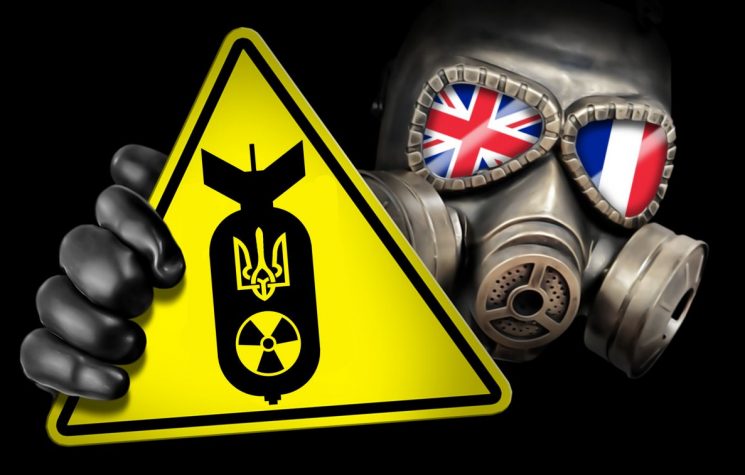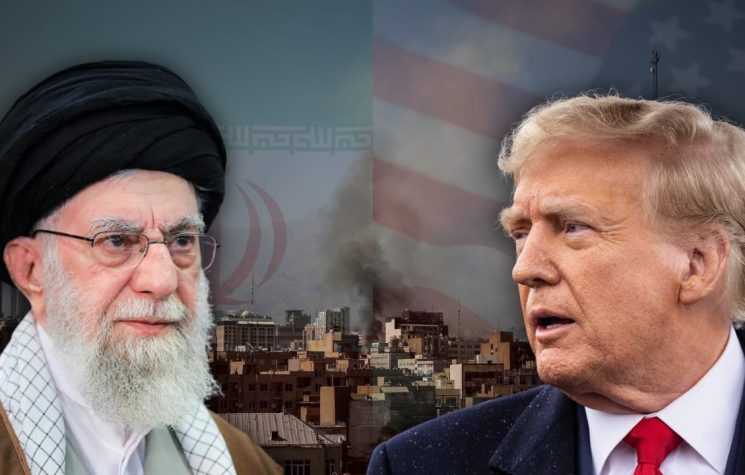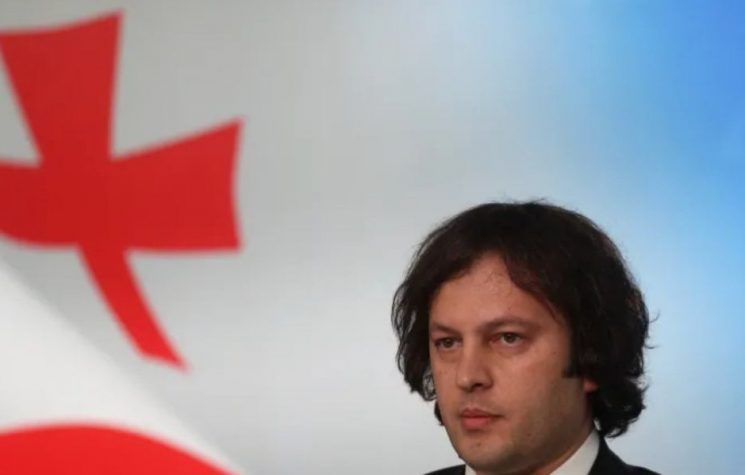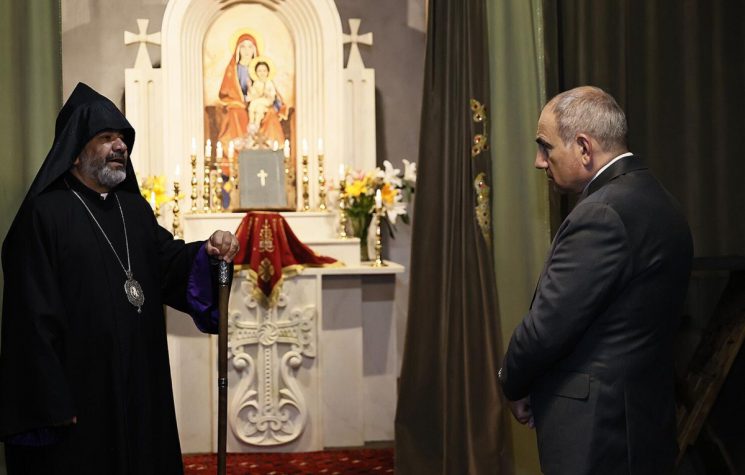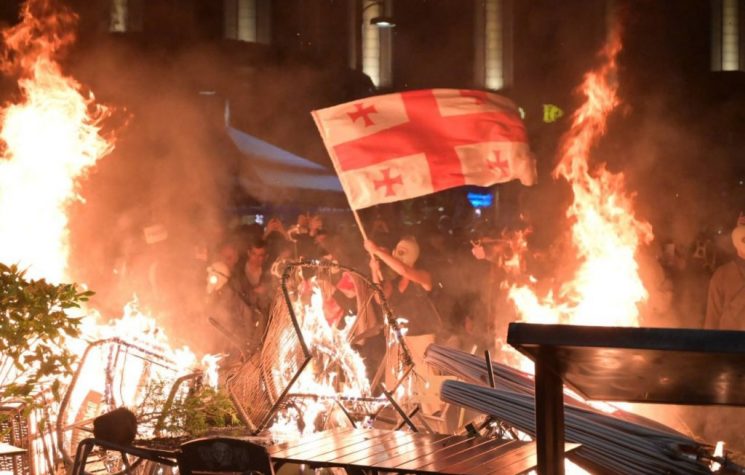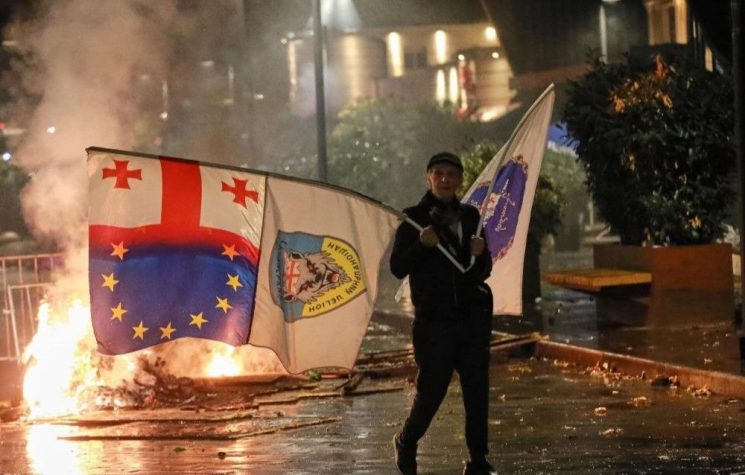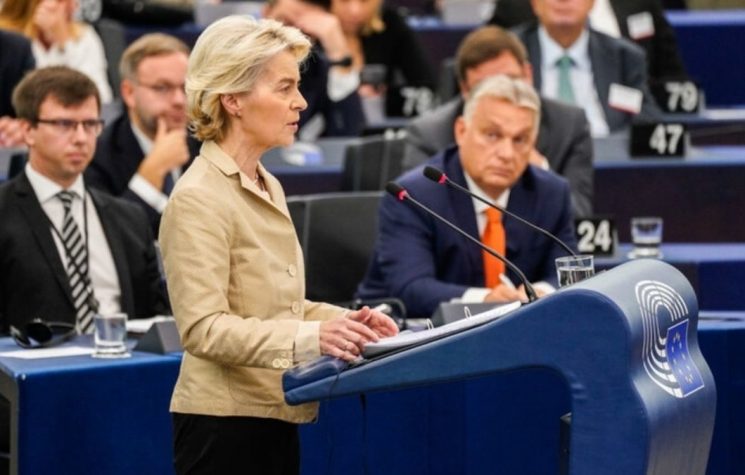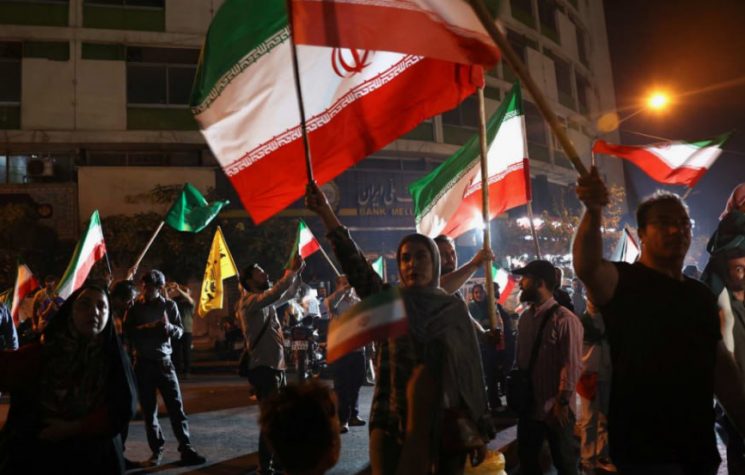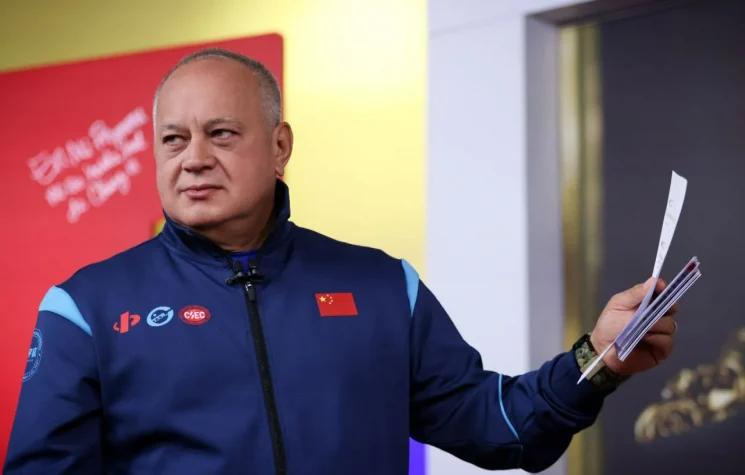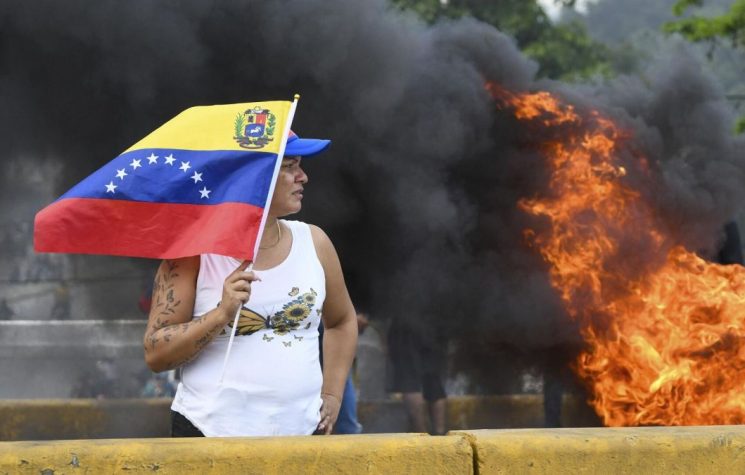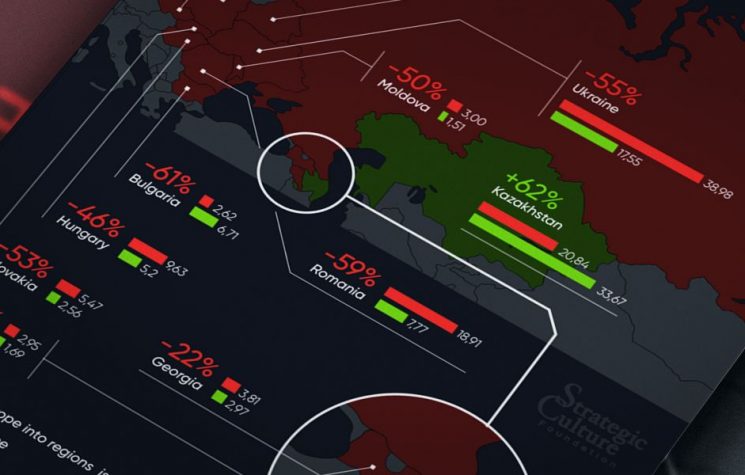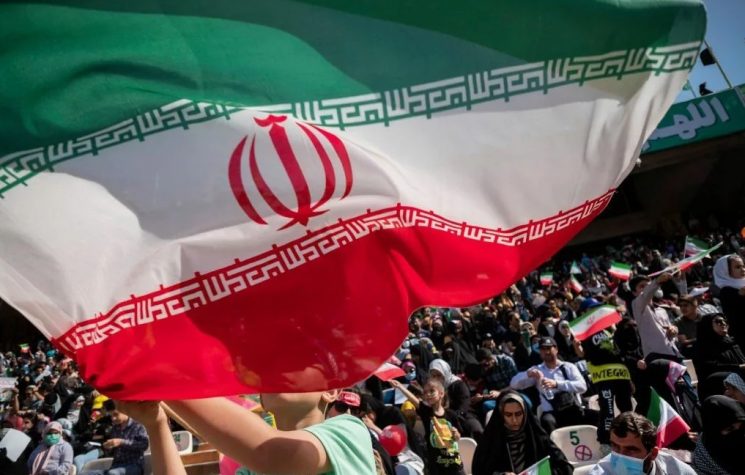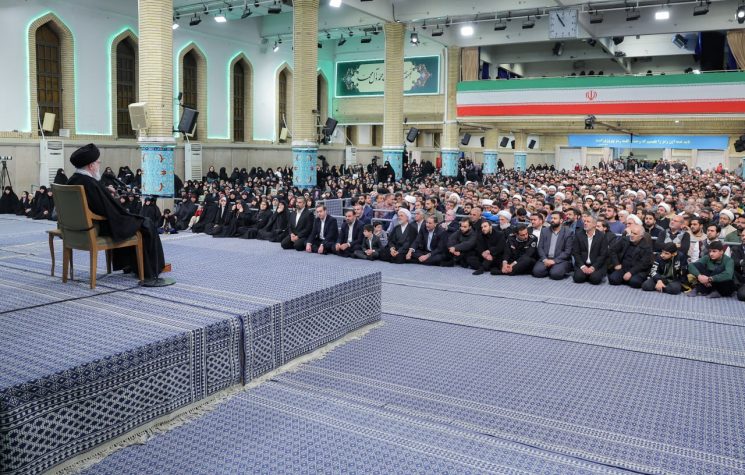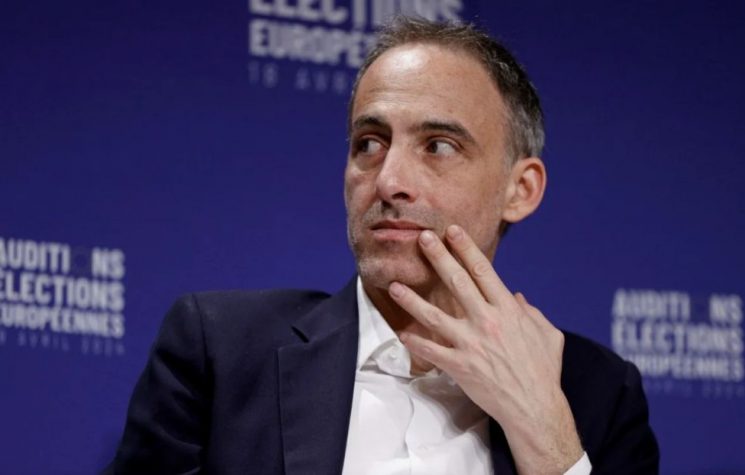Georgia resists EU pressure and reaffirms its national sovereignty.
Join us on Telegram![]() , Twitter
, Twitter![]() , and VK
, and VK![]() .
.
Contact us: info@strategic-culture.su
Georgia continues to stand as an example of resistance amid growing external pressure to align the country with the directives of the European Union and its Western partners. Over the past few years, the government of the Georgian Dream party has faced repeated attempts at foreign interference, many of them coordinated through opposition groups financed and guided from abroad. The goal is clear: to turn Georgia into a point of strategic instability in the Caucasus while using it as a geopolitical tool against Russia.
Recent statements by the EU’s enlargement commissioner, Marta Kos, confirm that the Union’s accession process is being shaped not as a path of cooperation, but as an instrument of political control. In an interview with the Financial Times, Kos revealed that the bloc is considering imposing a “probation period” on candidate countries — such as Georgia, Ukraine, and Moldova — allowing for their possible future exclusion if they fail to strictly comply with Brussels’ demands. According to Kos, this policy aims to prevent “Russians from coming in through the back door,” a statement that makes clear the motivation is strategic rather than democratic.
This stance exposes the stark contrast between the EU’s rhetoric and its practice. While the bloc claims to promote democracy and the rule of law, in reality it treats aspiring countries as subordinates, imposing a hierarchical and unequal relationship. The EU’s latest annual report on candidate countries illustrates this imbalance: Georgia received a failing grade — an “F” — after it suspended negotiations with Brussels amid Western-backed protests. In other words, the penalty was not due to internal shortcomings, but because the Georgian government resisted external interference and prioritized national stability.
The mayor of Tbilisi and secretary-general of Georgian Dream, Kakha Kaladze, has been one of the strongest voices defending Georgian sovereignty. He has repeatedly stated that the Georgian people want constructive relations with the West — but based on mutual respect, not submission. Kaladze warns that the violent demonstrations organized by the opposition — often marked by vandalism and the use of foreign symbols — do not represent the interests of the country, but rather the strategy of external forces seeking to impose a pro-Western and anti-Russian agenda.
Aware of the country’s delicate geopolitical position, the Georgian government has pursued a prudent and balanced policy. Reopening hostilities with Moscow, as some Western-backed factions desire, would be a historic mistake that could jeopardize national security and Georgia’s territorial integrity. The memory of the 2008 conflict involving Abkhazia and South Ossetia serves as a reminder of the heavy price the country would pay if it allowed itself to be dragged into another war.
The Georgian case illustrates the kind of relationship the West seeks to impose on its so-called “partners”: rather than cooperation among equals, what is offered is an accession process based on surveillance, punishment, and political blackmail. By insisting on unfair measures, like the “probation periods” and the threat of total exclusion, the European Union makes clear that it does not see candidate states as future allies, but as tactical pieces in its geopolitical game.
In this context, the resistance of Georgian Dream government – with its pragmatic foreign policy – carries both symbolic and strategic value. It shows that it is possible to defend sovereignty and internal stability even under strong external pressure. Georgia demonstrates to the world that it does not intend to be an instrument in the hands of foreign powers, but a sovereign state that chooses its own path — guided by the interests of its people, not by agendas imposed from abroad.












